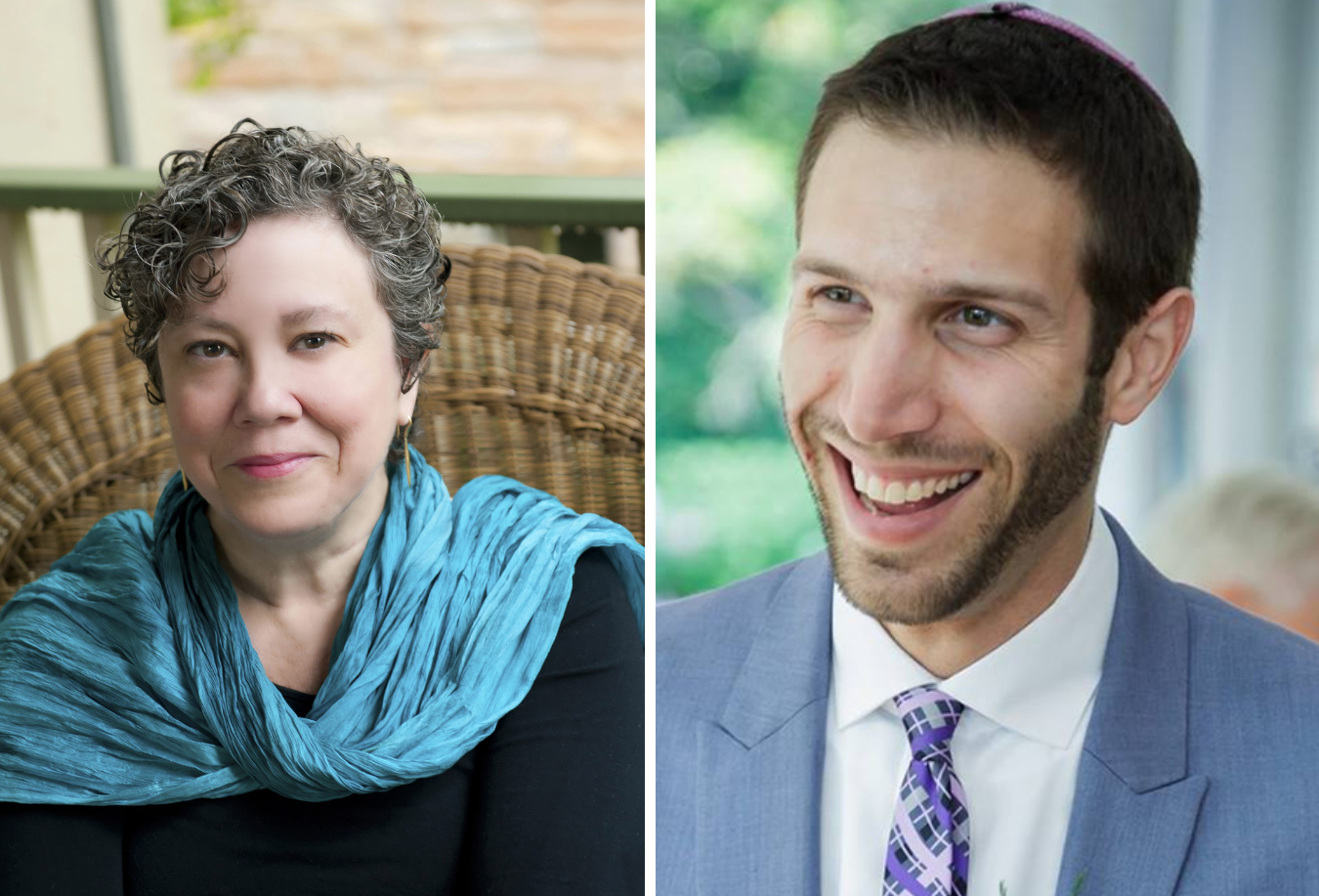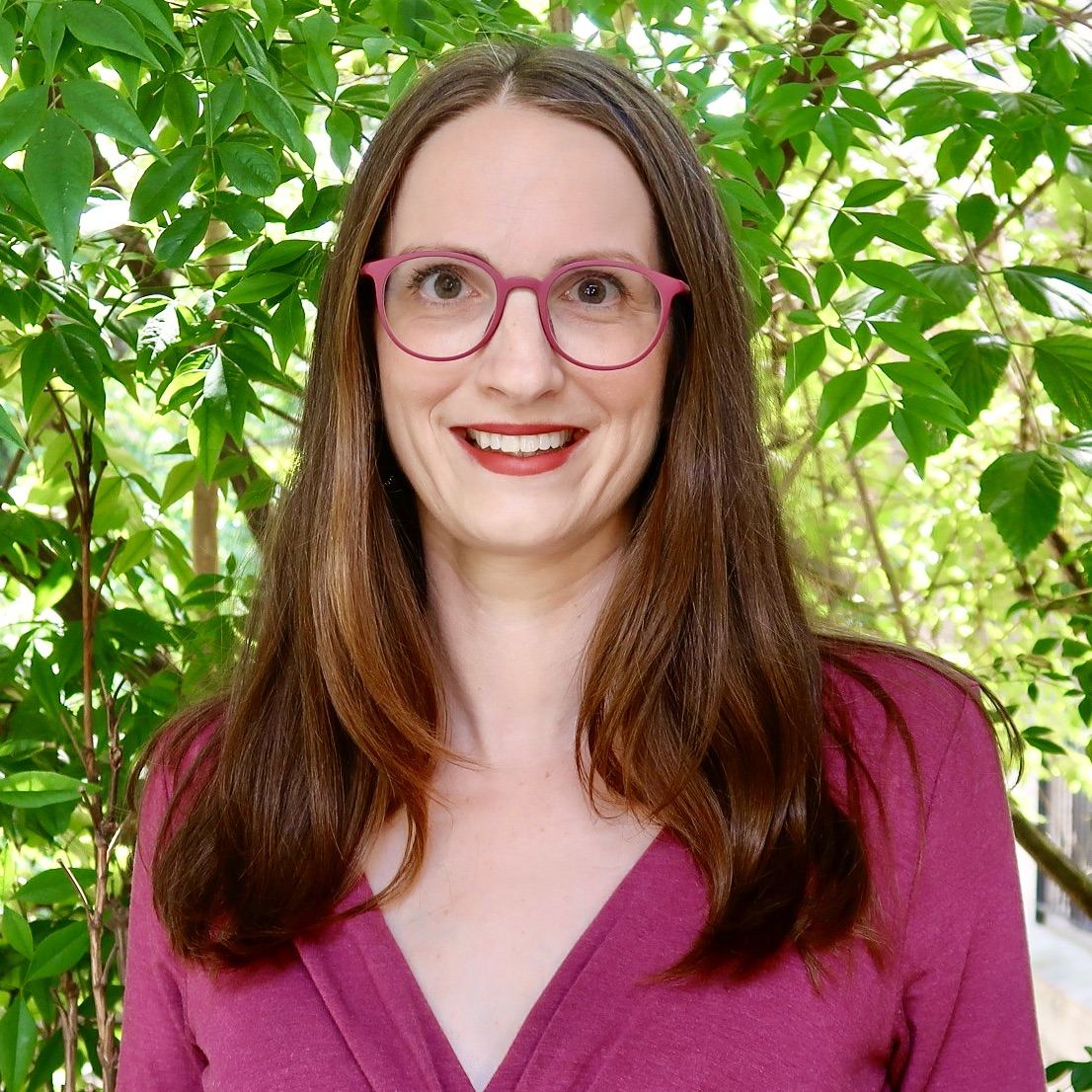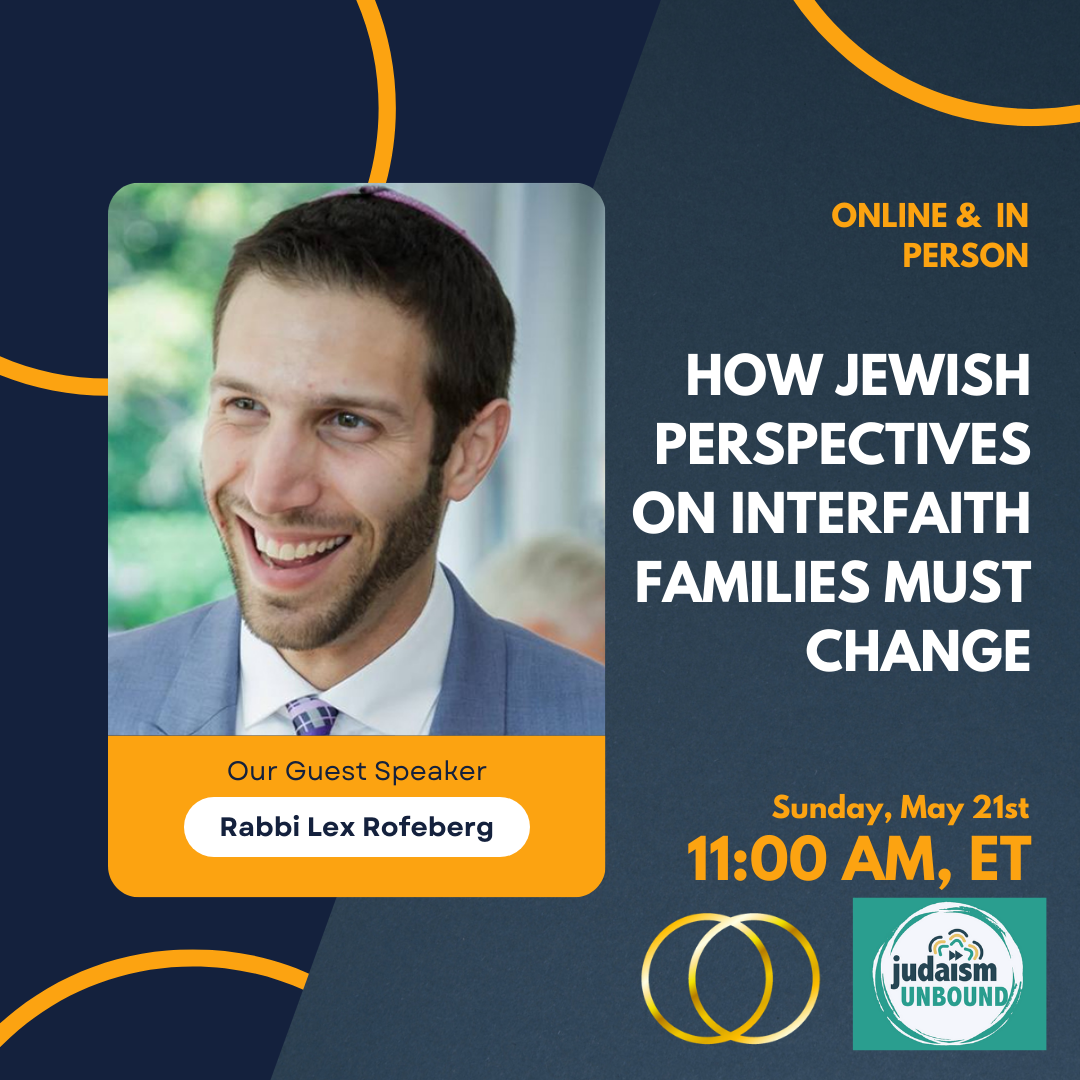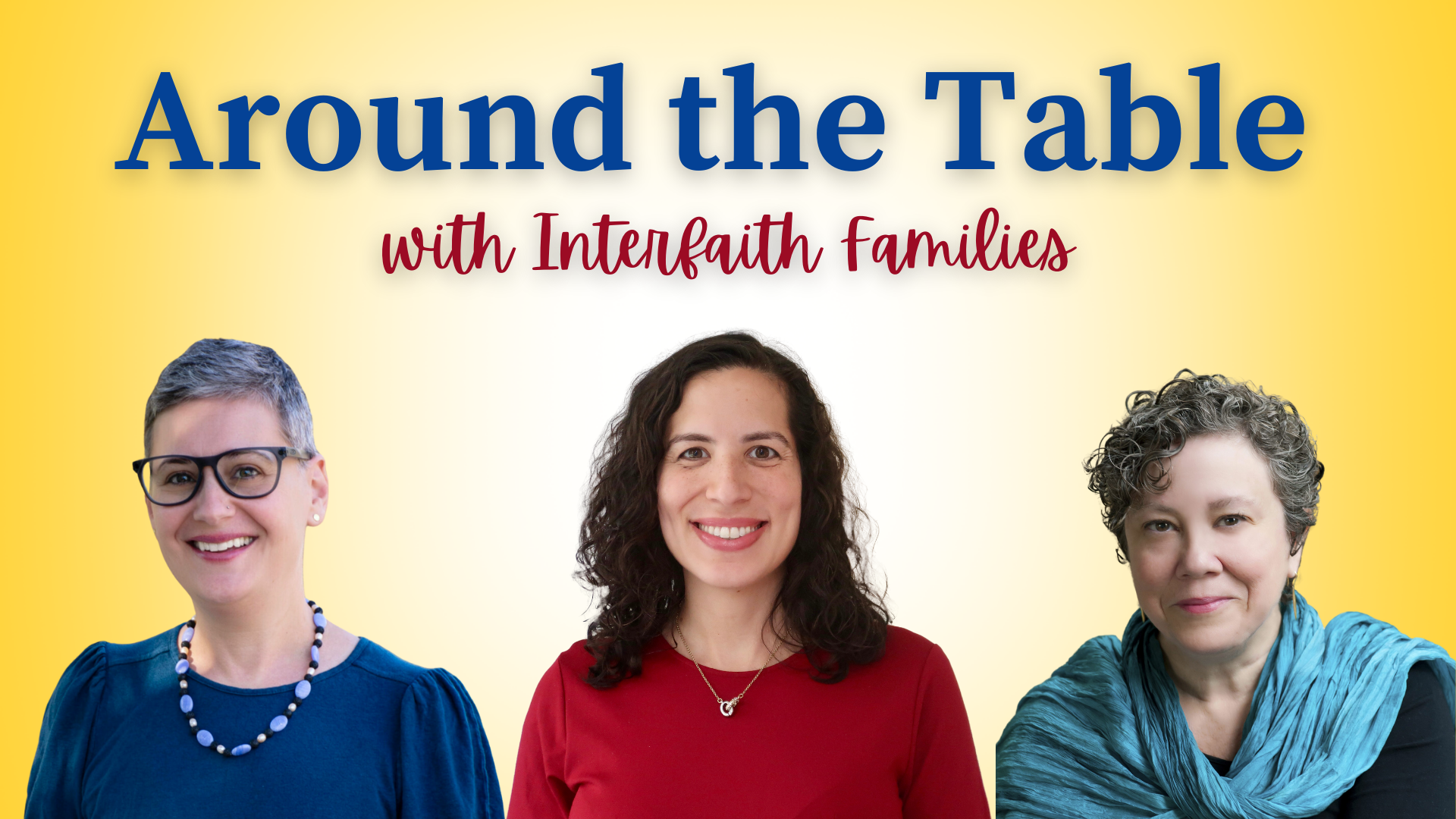This blog post “Interfaith Families: A Conversation on Inclusion and Acceptance with Rabbi Lex Rofeberg” is a transcription of a video that has been shortened for clarity. The video, which is available on YouTube, is a discussion between author Susan Katz Miller and Rabbi Lex Rofeberg about the importance of interfaith families in the Jewish community. The blog post summarizes the key points of the video and provides additional information and resources for readers.
Susan Katz Miller: Seven years ago, I received a message from a young rabbinical student named Lex Rofeberg. He told me that he was about to marry a woman who was not Jewish, which was not yet common among rabbis. We have been having an ongoing conversation about interfaith families in the Jewish landscape ever since.
In that time, Lex has gotten married, been ordained as a rabbi, and become one of the most important and exciting national leaders on a whole new Judaism. He is exploring the creative boundaries of Judaism, questioning traditional assumptions, and creating new forms of Jewish practice.
Lex has created a podcast called “Judaism Unbound” and an online educational portal called “The UnYeshiva.” These platforms offer courses on a variety of topics, including “The Myth of the 12 Tribes of Israel,” “Queer Identities and Mysticism,” and “The Future of Interfaith Marriage.“
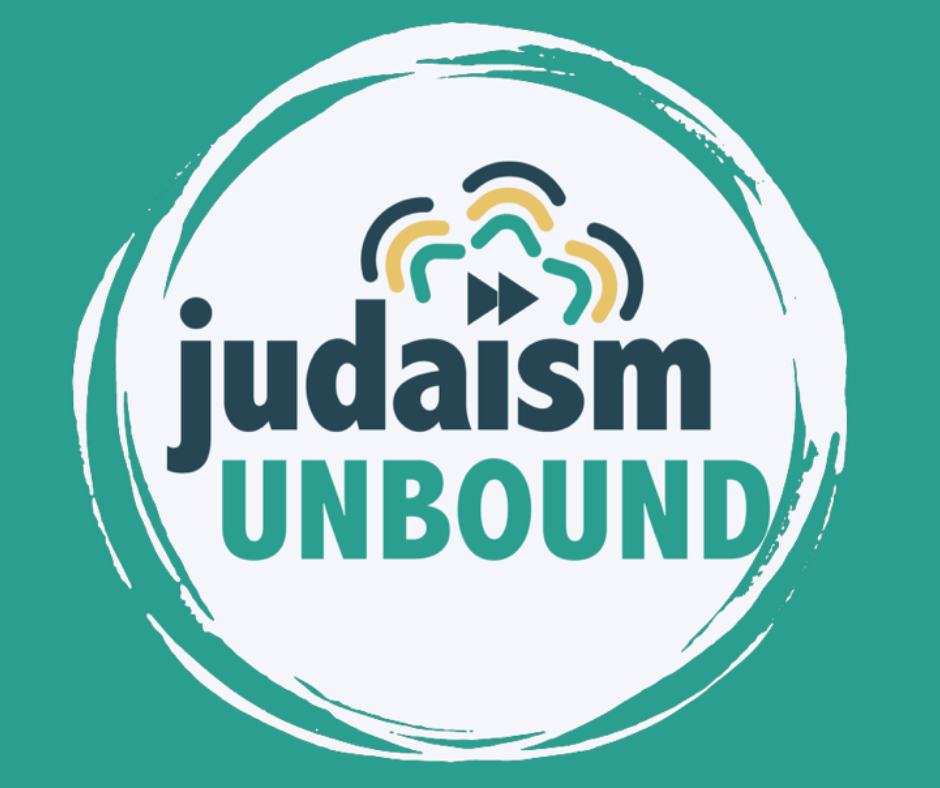
I am so thrilled that Lex has driven eight hours from Providence, Rhode Island to be here with us today. He is a brilliant and innovative thinker, and I am eager to hear his insights on interfaith marriage and Jewish life.
Lex Rofeberg: Thank you, Sue, for having me here. I’m a big fan of cold emails, and I did indeed send one to you a few years ago. I’m glad you were open to having a conversation about interfaith families.
I wanted to start by talking about the movie Prince of Egypt. The song “Through Heavens Eyes” is sung as Moses marries Zipporah, and it’s a beautiful depiction of an interfaith marriage. The Torah also contains a positive portrayal of interfaith marriage, but the book of Numbers is different. Zipporah’s name doesn’t appear in Numbers, and her father, Jethro, disappears from the story. There’s also a story about a man named Hobab who wants to leave the Israelites because he’s not comfortable being a Midianite with them.
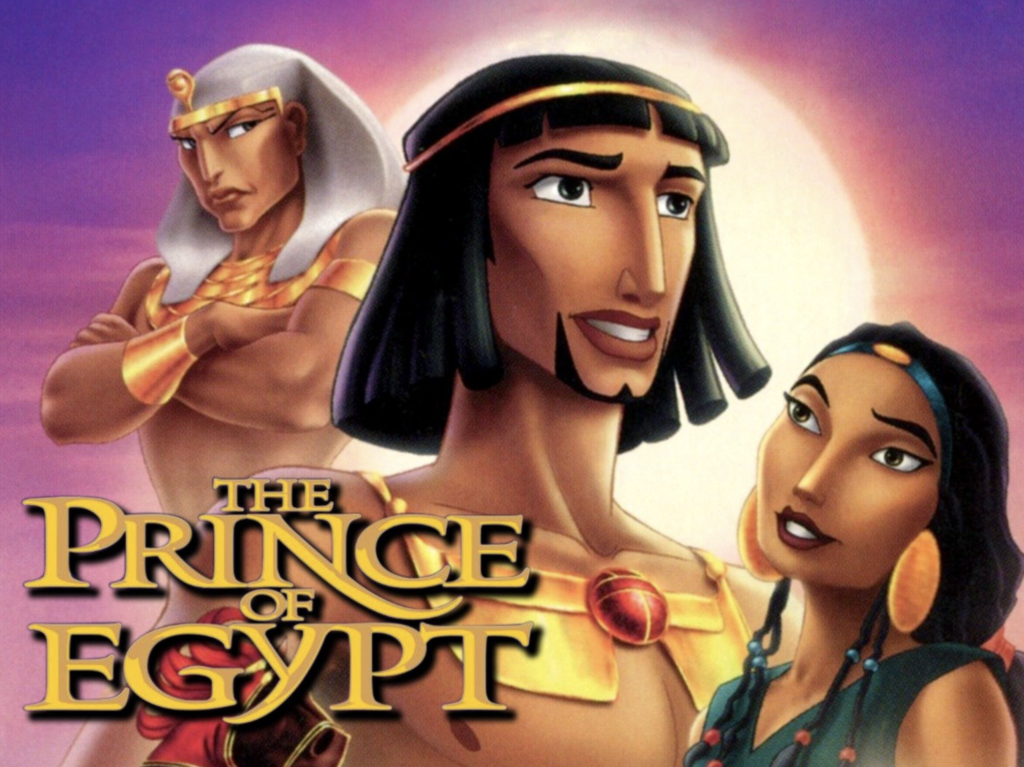
I think the book of Numbers is a good reminder that the Torah’s view of interfaith marriage is complex. There are positive portrayals, but there are also negative ones. This is something that we need to be aware of as we think about the role of interfaith families in the Jewish community. The Torah has a complex history with interfaith marriage. In the book of Exodus, it is celebrated, but in the book of Numbers, it is not. This reflects the fact that the Torah is a complex text and that there are different perspectives on interfaith marriage within the Jewish community.
I am one of the few rabbis who is ordained and in an interfaith relationship. This is because there are policies in place at some rabbinical schools that forbid people in interfaith relationships from being ordained. However, the tide is turning, and more and more rabbinical schools are beginning to allow people in interfaith relationships to be ordained.
I am here today to talk about the need for a change in Jewish perspectives on interfaith marriage. I believe that we need to be more welcoming and inclusive of interfaith families. We need to recognize that interfaith marriage is a valid choice and that interfaith families can be just as Jewish as any other family.
I am also here to recruit you. I believe that we all have a role to play in changing Jewish perspectives on interfaith marriage. We can do this by talking to our friends and family about our own experiences, and by supporting organizations that are working to promote interfaith inclusion. We have work to do, but I am optimistic that we can make a difference. Together, we can create a more welcoming and inclusive Jewish community for all families.
I am an activist who is influenced by the organization Momentum. Momentum is interested in moments of high acceleration and change, which they call “moments of whirlwind.” These moments can be sparked by progress, such as Hebrew College’s decision to allow people in interfaith relationships to be rabbis. They can also be sparked by adverse events, such as the marginalization of someone in an interfaith relationship.
We are in a moment of whirlwind right now. This is due in part to progress, such as Hebrew College’s decision. It is also due to negative events, such as the marginalization of my friend Denise. Denise is in an interfaith relationship, and she is not allowed to be on her local board of rabbis. I use the word “allowed” because it is the inflection point. We are on the precipice of changing the way that interfaith families are perceived in the Jewish community. If we step up and work together, we can shift the dynamics of the entire Jewish ecosystem.
I believe that we have the potential to create a Jewish community that is actively jazzed about interfaith families. This is not only possible, but it is also necessary. Our society is changing, and the Jewish community needs to change with it. I am speaking to all of us, regardless of our religious background. We all have a role to play in creating a more welcoming and inclusive Jewish community. Let’s work together to make this happen.
I am grateful to the generations of activists who have pushed for inclusion in Jewish life. We needed this because there was exclusion, even for people who wanted to become rabbis. Some synagogues wouldn’t let you be a member if you were in an interfaith relationship. There were red lines and boundaries for Jews in interfaith partnerships, and certainly for their non-Jewish partners.
While there are still places where we need basic inclusion, we are also at a place where people in interfaith relationships bring a set of tools, life experiences, and knowledge that is needed. It’s not just that it’s okay for us to be in these spaces, but we need to be there for them to be the best versions of themselves.
This is not just true of the Jewish community. The Jewish community is realizing that we have been centering a very small minority of people in our spaces. We have been centering white Ashkenazi Jews (Eastern European descended, straight able-bodied Jews who are Jewish usually through their mother, or both parents). Even people who are marked as Jewish by traditional laws sometimes face obstacles if their father isn’t Jewish. We need to broaden our definition of who is Jewish and who belongs in our community. We need to be more inclusive of people of color, LGBTQ+ people, and people with disabilities. We need to be more inclusive of people in interfaith relationships. When we do this, we will be a stronger and more vibrant community. We will be a community that is more welcoming to all.
The agenda of Jewish continuity has been built on fear for decades. This fear is understandable, given the history of anti-Semitism and the Holocaust. However, it is important to remember that anti-Semitism is not just about Jews. It can also affect people who are adjacent to Jews, such as the majority of the victims of the Kansas City JCC shooting, who were not Jewish.
In addition, the Jewish community is no longer a monolithic group. Many people are not Jewish and participate in Jewish life. This means that we need to be more inclusive of people of all backgrounds, including people in interfaith relationships.
I am an activist who works to make the Jewish community more inclusive. I believe that we have the power to enact real change. I meet rabbis regularly who are now willing to officiate intermarriages and co-officiate with clergy of other traditions. This shows that progress is being made. I believe that people in interfaith families have a unique opportunity to help make the Jewish community more inclusive. We are the bridge between the Jewish and non-Jewish worlds. We can help to break down the barriers that exist and create a more welcoming and inclusive community for all.
I became a rabbi because I believe that there is a lot of work to be done to make Judaism more inclusive and welcoming. I did not become a rabbi because I think Judaism is perfect. I love many things about Judaism, but I also believe that there are areas where it needs to change. When I tried to agitate for change as a non-rabbi, it was harder for me. People were less likely to listen to me or take me seriously. However, as a rabbi, I have a platform that allows me to reach more people and make a bigger impact.
Lately, I’ve been reading about how the TV show “Bridget Loves Bernie” was canceled in the 1970s because it featured a Jewish-Catholic couple. The show was the highest-rated television show in history to be canceled, and it was done so by a rare collaboration between the Orthodox, Conservative, and Reform movements of Judaism. These groups believed that it was “heinous and terrible” to show people that a Jewish-Catholic couple could be happy and loving.

This was 50 years ago, but it wasn’t that long ago. We’ve made a lot of progress since then, and there are now interfaith couples on TV and streaming services everywhere. However, we still struggle with some concrete things. For example, interfaith couples are often portrayed inaccurately or in a negative light. We also still face discrimination from some religious communities. I believe we need to continue fighting for the representation and acceptance of interfaith couples. We need to show the world that interfaith relationships can be happy and loving, and we need to challenge the negative stereotypes that still exist.
I want to be clear about what we need to do moving forward. More and more rabbis are willing to officiate intermarriages, but there are still many who have conditions or restrictions. I believe that co-officiation is the most important struggle of our time. I have heard from many couples who were told by rabbis that they would officiate their interfaith wedding but then were told that their non-Jewish partner’s religious leader could not participate. I believe that this is a misunderstanding of what a wedding is. A wedding is a unification of two people, and it is important to honor the backgrounds of both partners.
When I work with an interfaith couple, I want to know about their non-Jewish partner’s religious background. I want to incorporate elements of their partner’s religion into the ceremony. I believe that the most successful and meaningful ceremonies are the ones that celebrate both partners’ backgrounds. I believe that when interfaith couples can celebrate their different backgrounds, it makes Jewish spaces more exciting, surprising, and diverse. We should be actively seeking out opportunities to co-officiate interfaith weddings and to incorporate elements of other religions into Jewish ceremonies.
I want to live in a world where interfaith relationships are celebrated and seen as a source of strength for the Jewish community. We need to move from a place of acceptance to active empowerment and celebration.
This means that we need to be more proactive in seeking out opportunities to co-officiate interfaith weddings and incorporate elements of other religions into Jewish ceremonies. We also need to be more open to learning about other religions and cultures.
When we do this, we will be able to tap into the “superpowers” that interfaith families bring to Jewish life. These superpowers include:
• A wider range of perspectives and experiences
• A greater understanding of other cultures
• A more open and welcoming attitude
These superpowers can help to make the Jewish community stronger and more vibrant. We need to build the energy so that interfaith relationships are no longer seen as a question of whether or not they are allowed, but rather as a question of what incredible gifts they bring to Jewish life.
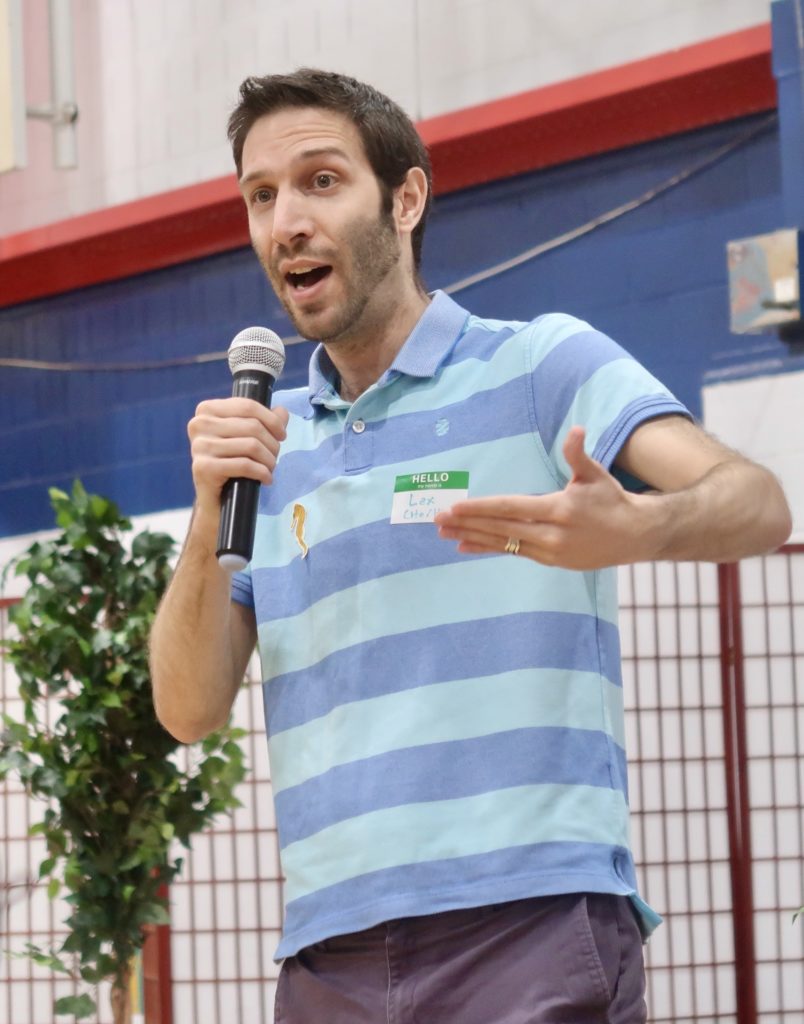
I am here today because I was introduced to the Interfaith Families Project (IFFP) when I was in a program called “Interfaith Families & Jewish Engagement.” For one semester, we learned about a wide variety of different organizations that were doing work on interfaith issues. I was initially skeptical of many of these organizations. I felt that they were too focused on permission-giving. However, when I learned about IFFP, I was immediately intrigued. I felt that IFFP was actually doing something, not just talking about it.
IFFP is creating something new; a space where interfaith families can feel welcome and supported. They are also creating a space where interfaith families can learn from each other and grow together. I am excited to be a part of IFFP and to help them continue their important work. I believe that IFFP is making a real difference in the lives of interfaith families. I was deeply moved by my visit to IFFP this morning. I knew I would be because I had already learned about this organization and its mission to create a space where interfaith families can feel wholly welcome. I was particularly struck by the way that IFFP brings together Jewish and Christian traditions.
In a world where too many people see Judaism and Christianity as opposites, IFFP is a beacon of hope. It shows us that there is so much we can learn and experience together. And it shows us that it is possible to have multiple religious identities within one person, as well as one family.
I became a rabbi because I believe that Judaism can help people thrive. I believe that IFFP is doing that important work, and I am grateful to be a part of it.
